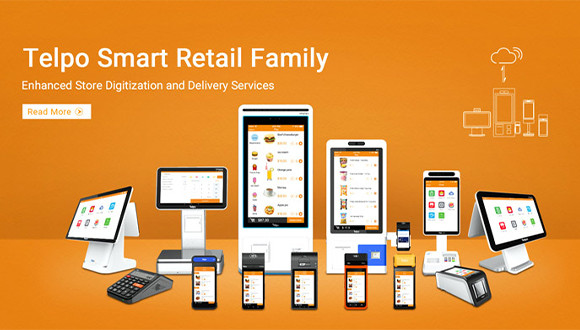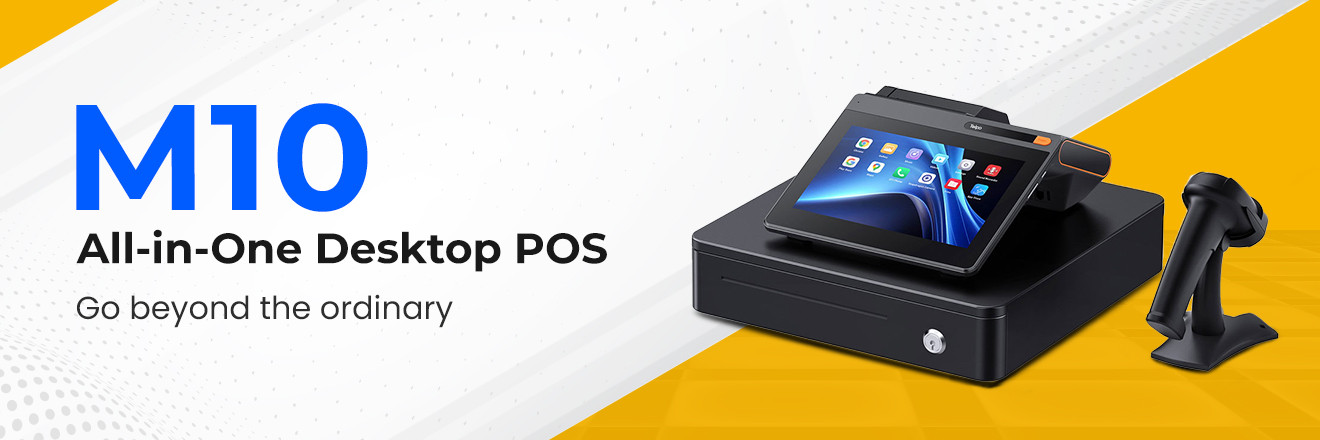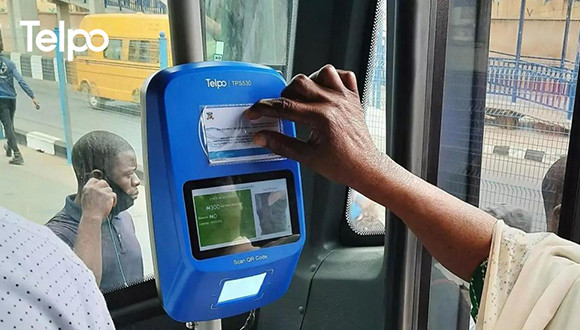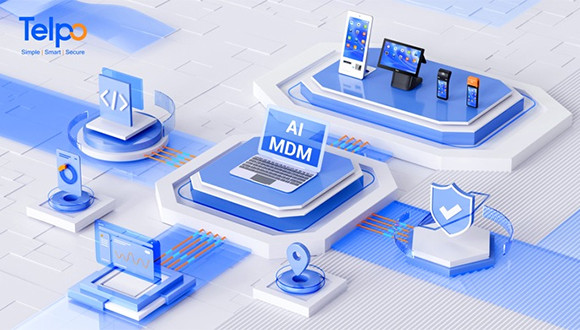Advanced Payment Methods
Payment technologies have rapidly evolved to offer consumers a variety of convenient and secure options. Modern solutions include contact and contactless card payments, QR code-based payments, and facial recognition technology, all designed to enhance user convenience and security. Contactless payments, for instance, allow users to complete transactions with just a tap, eliminating the need for physical interaction. QR code payments are widely adopted for their ease of use and instant processing capabilities, especially in regions with high mobile phone penetration. Facial recognition payments are at the cutting edge of technology, enabling walletless transactions by simply scanning the user’s face. These innovations not only speed up transaction times but also significantly reduce the risk of fraud. Businesses and consumers alike are increasingly adopting these advanced payment methods due to their versatility, security, and ease of use, making them a staple in modern commerce.
Smart Retail Innovations
businesses stay competitive in an increasingly digital and customer-centric market place. The retail industry has undergone a significant transformation with the advent of smart retail technologies. These innovations have enabled retailers to centralize data management across multiple channels, improving both operational efficiency and customer experience. Smart retail solutions include advanced cash registers that digitize operations, facilitating tasks like inventory management, tax registration, and sales tracking. Restaurants, in particular, benefit from these technologies by streamlining order processing, enhancing customer service, and enabling digital payments. Self-service kiosks have also become a popular feature, reducing queues and wait times during peak hours, thus improving customer satisfaction. These technologies empower retailers to adapt to the fast-paced digital world, offering personalized services and real-time data analytics that drive better decision-making. As a result, smart retail innovations are helping.


Electronic Identity and Biometric Management
Electronic identity (EID) management and biometric technologies are playing a crucial role in various sectors, from government services to telecommunications. Biometric EID systems allow for secure and efficient enrollment and authentication processes, which are essential for tasks like SIM card registration, voter identification, and access control in secure facilities. These systems utilize biometric data such as fingerprints, facial recognition, and iris scans to verify identities with a high degree of accuracy. Identity and biometrics solutions ensure that only authorized individuals can access sensitive information or restricted areas, enhancing security across different applications. The integration of these technologies is particularly vital in sectors where identity verification is crucial, such as banking, telecommunications, and government services. As the demand for secure and efficient identity management grows, electronic IDs and biometric solutions are becoming increasingly important in safeguarding personal and institutional security.

Intelligent Transportation Systems
Transportation is being revolutionized by intelligent systems that enhance the efficiency and convenience of public transit. Intelligent transportation solutions include mobile ticketing, bus ticketing systems, and automatic fare collection, which simplify the travel experience for passengers and reduce operational costs for transit authorities. Mobile ticketing, for example, allows passengers to purchase and validate tickets using their smartphones, eliminating the need for physical tickets and speeding up the boarding process. Bus ticketing systems are designed to support eco-friendly travel by optimizing route planning and reducing paper waste. Automatic fare collection systems in metro rail networks streamline the ticketing and validation process, ensuring a smooth and efficient transit experience. These technologies not only improve the overall user experience but also contribute to environmental sustainability by reducing the reliance on paper and promoting the use of public transportation. As cities continue to grow and urbanization increases, intelligent transportation systems will play a critical role in managing the flow of people and goods more effectively.


AI-Driven IoT Applications
The integration of artificial intelligence (AI) with the Internet of Things (IoT) is leading to the development of smart applications that enhance communication and interaction between devices. AIoT applications are being used in various industries to improve operational efficiency, automate processes, and provide real-time data insights. For instance, AI-driven food recognition technologies are employed in the food industry to verify and categorize products, ensuring quality control and compliance with health regulations. In logistics, smart package solutions enable self-service delivery and collection, reducing the need for human intervention and speeding up the delivery process. These applications rely on machine learning algorithms to analyze data and make intelligent decisions, thereby optimizing performance and reducing errors. As AI and IoT technologies continue to evolve, we can expect to see even more sophisticated applications that will further enhance the way we live and work, driving innovation across multiple sectors.
*Prices are pre-tax. They exclude delivery charges and customs duties and do not include additional charges for installation or activation options. Prices are indicative only and may vary by country, with changes to the cost of raw materials and exchange rates.


